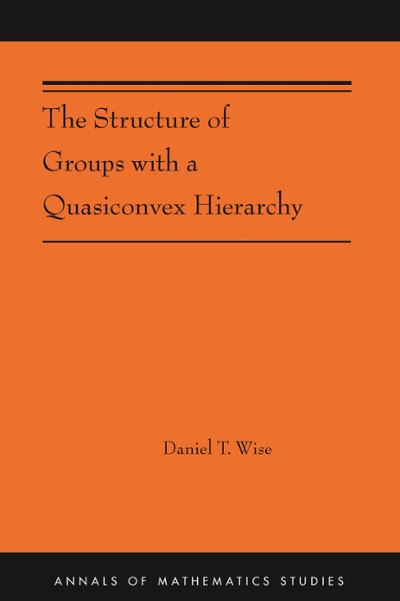Question
I would like help with responding to my peer's response to a discussion question: The question is: Go tocorrelated.organd find two correlations and evaluate the
I would like help with responding to my peer's response to a discussion question:
The question is: Go tocorrelated.organd find two correlations and evaluate the significance. Discuss the strengths and weaknesses of correlational studies you examined. Discuss concepts such as positive and negative correlation, correlation coefficients, and causality specifically with the correlational output evaluated.
Shae said:
The correlation that I have chosen to evaluate closer is " People who typically walk when traveling on an escalator" the variables that is being compared is the general people and people who keep their eyes open while having their teeth cleaned. The results showed that 54 percent of the general public would talk when traveling on an escalator. But for those that keep their eyes open while getting there teeth cleaned only 34 percent of them walk on an escalator. When identifying strength and weaknesses, there is not a whole lot of information that I would find on that website for any correlation. But, a big weakness would be that we cannot assume the cause and effect of the correlation that is being studied. There is a lack of potential depth in these studies. There could possibly be a positive correlation to this study as out of 554 people, 334 are the ones that have their eyes open while there teeth get cleaned but also walk on the escalator. That's leaves 220 individuals that didn't relate to the test results and had no correlation. Finding the correlation coefficient would require the standard dev and the covariant and divide those to get the strength of relationship between the two variables. This study is not a casualty. A casualty needs to have a cause and effect ( A and B) intervals that show that Because of A this is what causes B to happen. Without more information it doesn't say that they have the for sure cause of relationships, but it does show it has a correlation.
How can I respond to Shae's statement?
Joseph said:
The one correlation is claiming "In general, 45 percent of people like radishes. But among those who say they don't have an above average typing speed, 65 percent like radishes" the other correlation I am doing
"In general, 54 percent of people would rather have loud farts than stinky farts. But among those who are interested in calligraphy, 71 percent would rather have loud Farts than stinky farts."
I feel like the two correlations I chose do not have a strong correlation because they are both different topics. However, both correlations are positive because they have higher percentages on the different variables. I also come to conclusion that these correlations may show more validations because they higher percentages. Both these correlations utilize different topic to provide evidence off how they can elate to one another.
How can I respond to Joseph's statement?
Step by Step Solution
There are 3 Steps involved in it
Step: 1

Get Instant Access to Expert-Tailored Solutions
See step-by-step solutions with expert insights and AI powered tools for academic success
Step: 2

Step: 3

Ace Your Homework with AI
Get the answers you need in no time with our AI-driven, step-by-step assistance
Get Started


